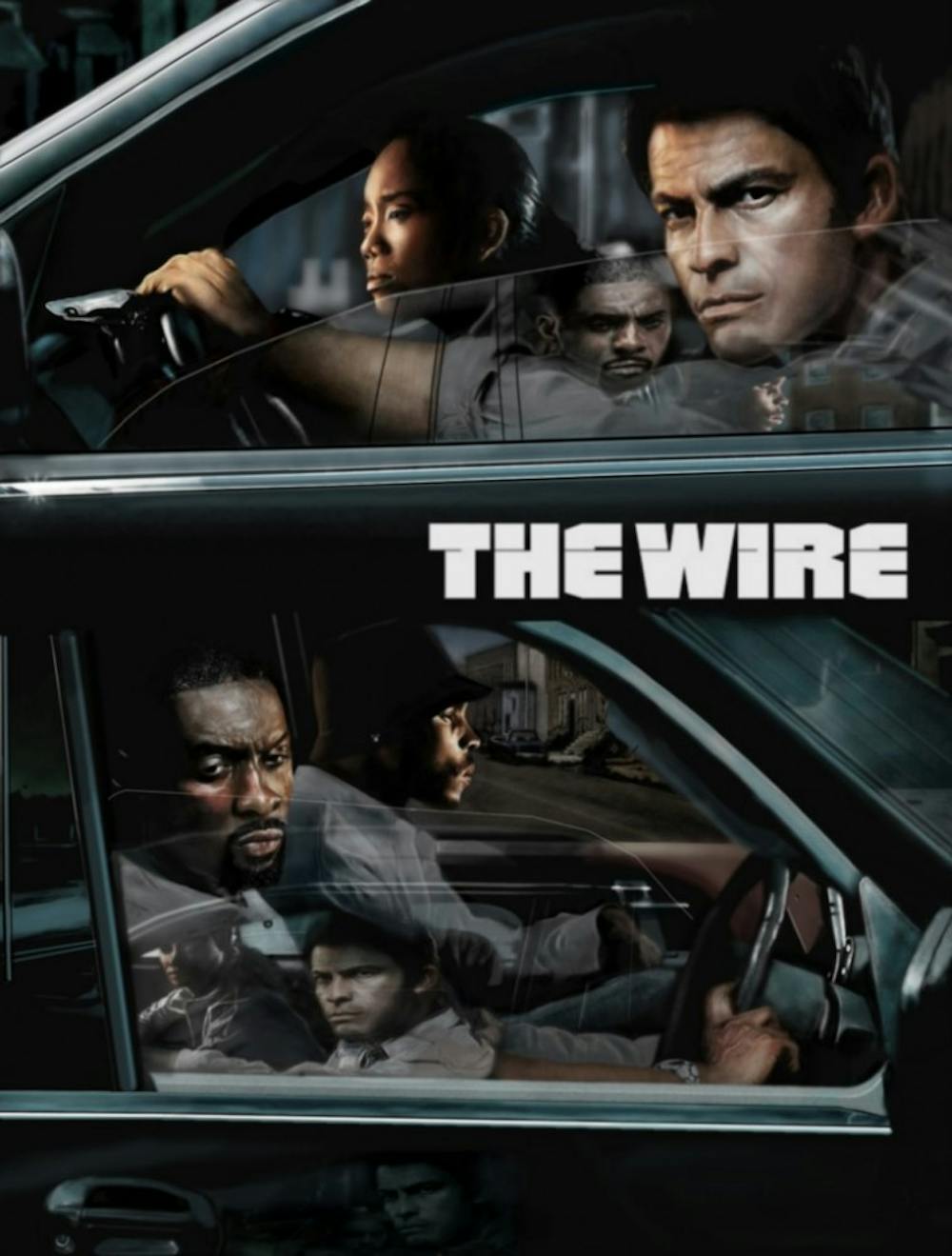Two weeks ago, during an innocent group text message with some friends, one of the most powerful deaths in all of television history was spoiled. Fortunately, it wasn’t spoiled for me, but I cannot imagine the level of knowing sadness one of my friends was feeling as he was heading toward one of the last episodes of a season of "The Wire."
My apologies for the vagueness, but you will have to understand.
The development of hit TV shows like “Game of Thrones” and “The Walking Dead” that are filled with relatable, fascinating characters who hang by the string of the fates presents the modern day with a weekly level of anxiety: spoilermania.
The allure of many of these shows is the ability to take unexpected (or dreadfully expected) turns that cause momentary emotion and sadness from the viewer when their character is killed. While the shows have many facets to them, this experience is an undeniable hallmark of the developing suspenseful TV genre.
Whether this emphasis on spoilers is totally justified, I am not sure. Culture blogger and Internet hero FilmCritHulk broached a similar topic in his essay “Film Crit Hulk Smash: HULK VS. SPOILERS AND THE 4 LEVELS OF HOW WE CONSUME ART.” In the essay, Hulk goes on to describe Level 1 and 2 viewers being those who put the most emphasis on spoilers. Level 1 viewers show up at the couch every Sunday simply for spoilers, while Level 2 viewers look at other things, but greatly value the unexpected variables in their television.
Most consumers of media are one of these two levels — and since it is always best when your peers get the most out of the media they appreciate — how do you enable this experience?
You simply do not do certain things!
1) Do not lead the discussion.
If you are ahead of your friend in any way shape or form, do not be the one directing the conversation. Without a doubt you will ask some question or make some reference that is beyond their understanding and, at the very least, tip them off to what is to come.
2) Stop saying “just wait.”
At some point, you being ahead loses its value. Sure, you did a great job. You’ve read the Wiki pages. You know the canon. That does not mean you are the superior voice in the conversation.
3) In cases where you know the difference between the books and the show, keep it to yourself unless asked otherwise.
This problem is most common in shows based on book series, most obviously “Game of Thrones.” Any literature-to-screen adaptation is exactly that: an adaptation. There are disparities between the source material and the televised product. The overall structure of the plot, more often than not, is the same. Thus, your illuminating different plot points or plot order could shed light on some future occurrence, putting that beautiful unknowing in jeopardy for your basic friend.
Keeping these three things in mind is a great idea to helping out your friends, but it seems too altruistic. At what point is it on them for being so far behind? When can you have a thorough, thoughtful discussion with this person? Are you tasked with waiting the four years it is going to take them to finish Season 3 of “Deadwood’?
None of this is fair to the person who is going out of their way to benefit the friend who is behind in the series.
Understanding this as someone who is frequently behind in TV shows (I promise to finish “The Sopranos” someday), it is clear to me that “the world does not stop and start at your (my) convenience, man.”
So what should you do if you’re behind?
You have two weeks to catch up.
There is an unspoken understanding that if you are behind, you have about two weeks to catch up. After those two weeks, your time of a spoiler-free lifestyle is no longer protected, and you can continue to catch up and look forward to future plot turns.
Spoil "The Wire" once and for all at zjenning@asu.edu or tweet salaciously spoiling details to him @humanzane
Like The State Press on Facebook and follow @statepress on Twitter.





